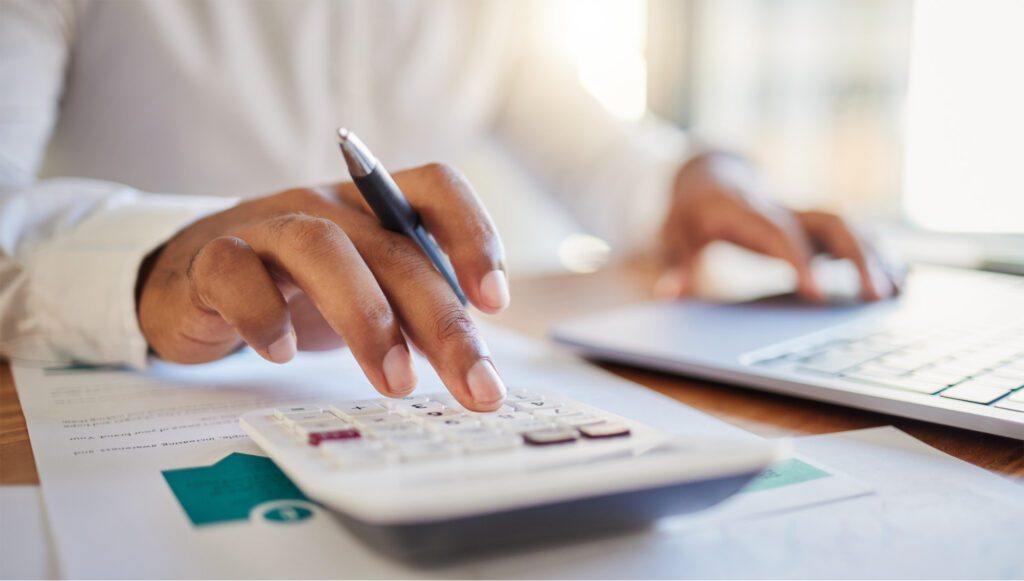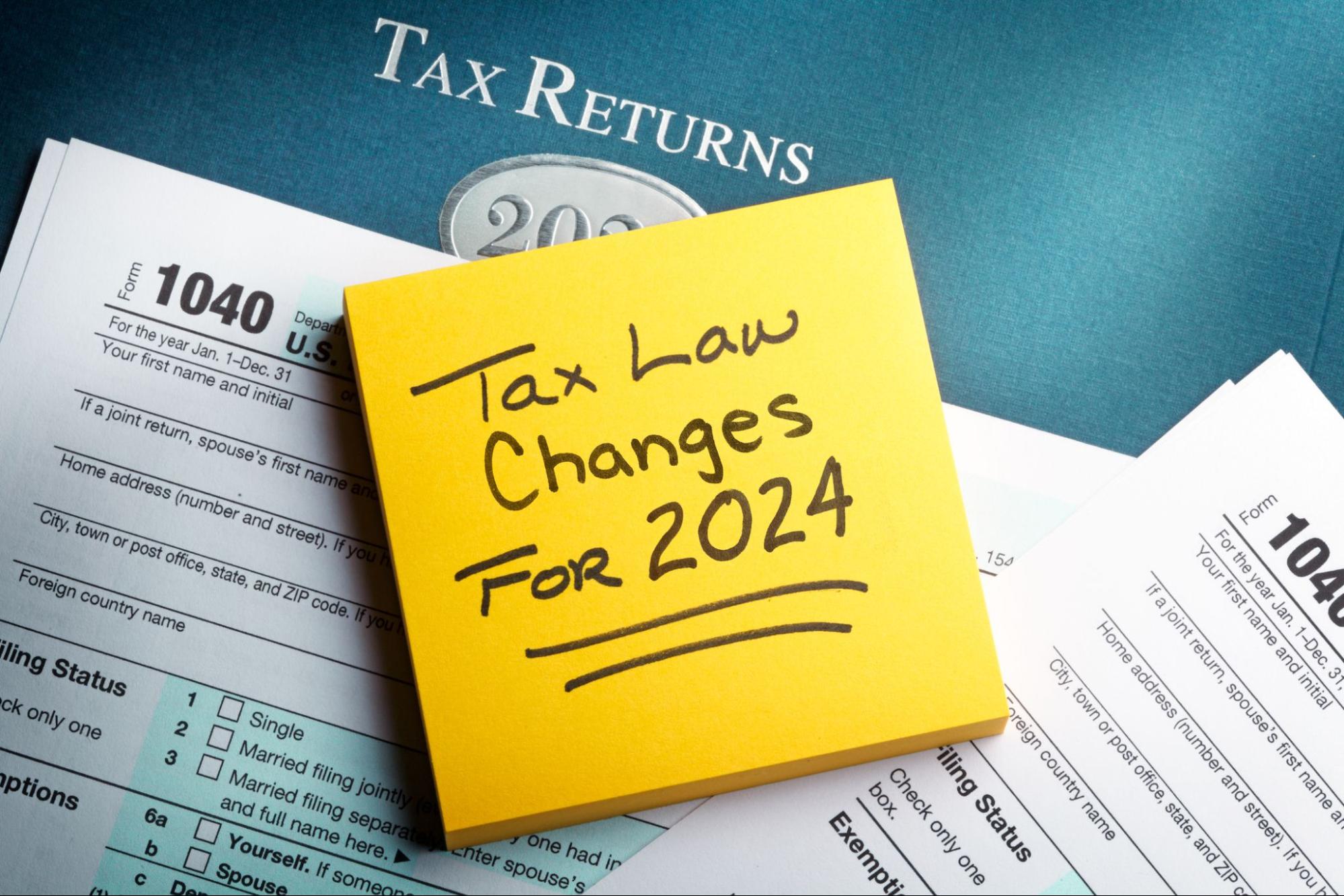Running a successful business often means making crucial decisions about your assets. When it comes to acquiring equipment or property, you’ll face a common dilemma: Should you buy or lease? While each option has its own set of advantages, it’s essential to understand the tax consequences of your choice. In this blog post, we’ll delve into the tax implications of buying and leasing business assets to help you make an informed decision that aligns with your financial goals and overall business strategy.
The Pros and Cons of Buying Business Assets
Pros:
- Depreciation Deductions: When you buy an asset, you can usually claim depreciation deductions, spreading the asset’s cost over several years. This can lower your taxable income.
- Ownership: You gain full ownership and control of the asset, which may provide more flexibility and long-term value.
- Potential for Capital Gains: If you decide to sell the asset in the future, any capital gains may be eligible for favorable tax treatment.
Cons:
- Higher Initial Costs: Purchasing assets often requires a significant upfront investment, impacting your cash flow.
- Maintenance Expenses: You’re responsible for all maintenance and repair costs, which can add up over time.
- Depreciation Recapture: If you sell the asset for a profit, you may face depreciation recapture, leading to higher taxes.
The Pros and Cons of Leasing Business Assets
Pros:
- Lower Initial Costs: Leasing typically involves lower initial costs, preserving your capital for other business needs.
- Maintenance Included: Many lease agreements cover maintenance and repair expenses, reducing your financial burden.
- Tax Deductions: Lease payments are generally fully deductible as a business expense, lowering your taxable income.
Cons:
- No Ownership: You won’t have ownership of the asset, which can limit your long-term flexibility and equity.
- No Depreciation Deductions: Leasing may not provide the same depreciation deductions as purchasing.
- Lease Terms: Leases come with specific terms and conditions that you must adhere to, potentially limiting your freedom.
Tax Considerations When Deciding to Buy or Lease
Depreciation Deduction
Buying often allows you to take advantage of depreciation deductions, reducing your taxable income. Leasing may not offer the same tax benefit.
Immediate Expense Deduction
The Tax Cuts and Jobs Act (TCJA) increased the Section 179 expense deduction, allowing businesses to deduct the full cost of qualifying assets in the year they are placed in service. This applies to purchased assets, not leased ones.
Lease Payments as Deductible Expenses
Lease payments are generally fully deductible as business expenses, reducing your taxable income. This tax benefit can make leasing an attractive option.
Ownership and Capital Gains
Owning an asset provides the potential for capital gains if you decide to sell it. Leasing does not offer this benefit.
Impact on Financial Statements
The decision to buy or lease can impact your financial statements, affecting metrics like debt-to-equity ratios and return on assets. Consider how these changes may influence your financial standing.
The Decision Is Yours
When it comes to the tax consequences of buying vs. leasing business assets, there is no one-size-fits-all answer. Your choice should align with your financial goals, business strategy, and available resources. It’s essential to consult with a tax professional to make an informed decision that maximizes your tax benefits while meeting your business needs. Coastal Tax and Accounting is here to provide expert guidance and support your tax and financial decisions. Contact us today at 843.549.5561.



